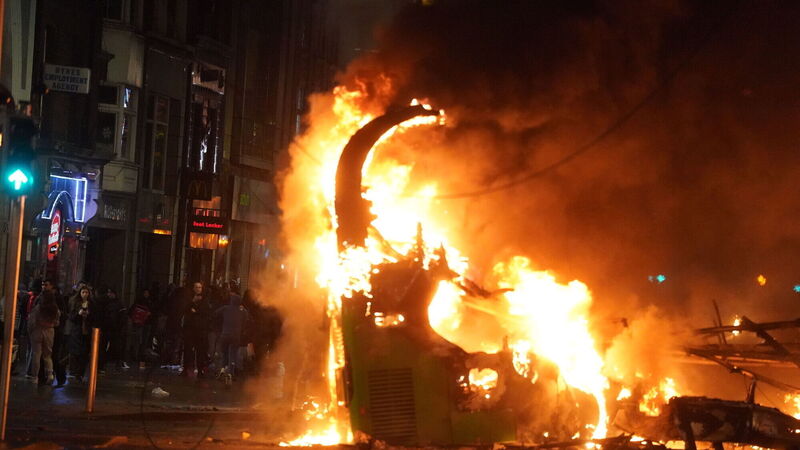Integrity of the electoral system 'fundamental' to democracy

Since the last elections four years ago, there have been dramatic changes to the political landscape, such as the widespread disorder at the Dublin riots last November. Election authorities are conscious it may spill over onto the electoral system itself. File Picture: Brian Lawless/PA Wire
Gardaí, the Electoral Commission and the country’s 28 returning officers know that the political landscape has changed dramatically since the last elections four years ago.
In addition to arson attacks on asylum centres, intimidation outside the homes of politicians, violence directed at gardaí at protests, the widespread disorder at the Dublin riots last November, election authorities are conscious of harassment of public workers in libraries from far-right individuals.














